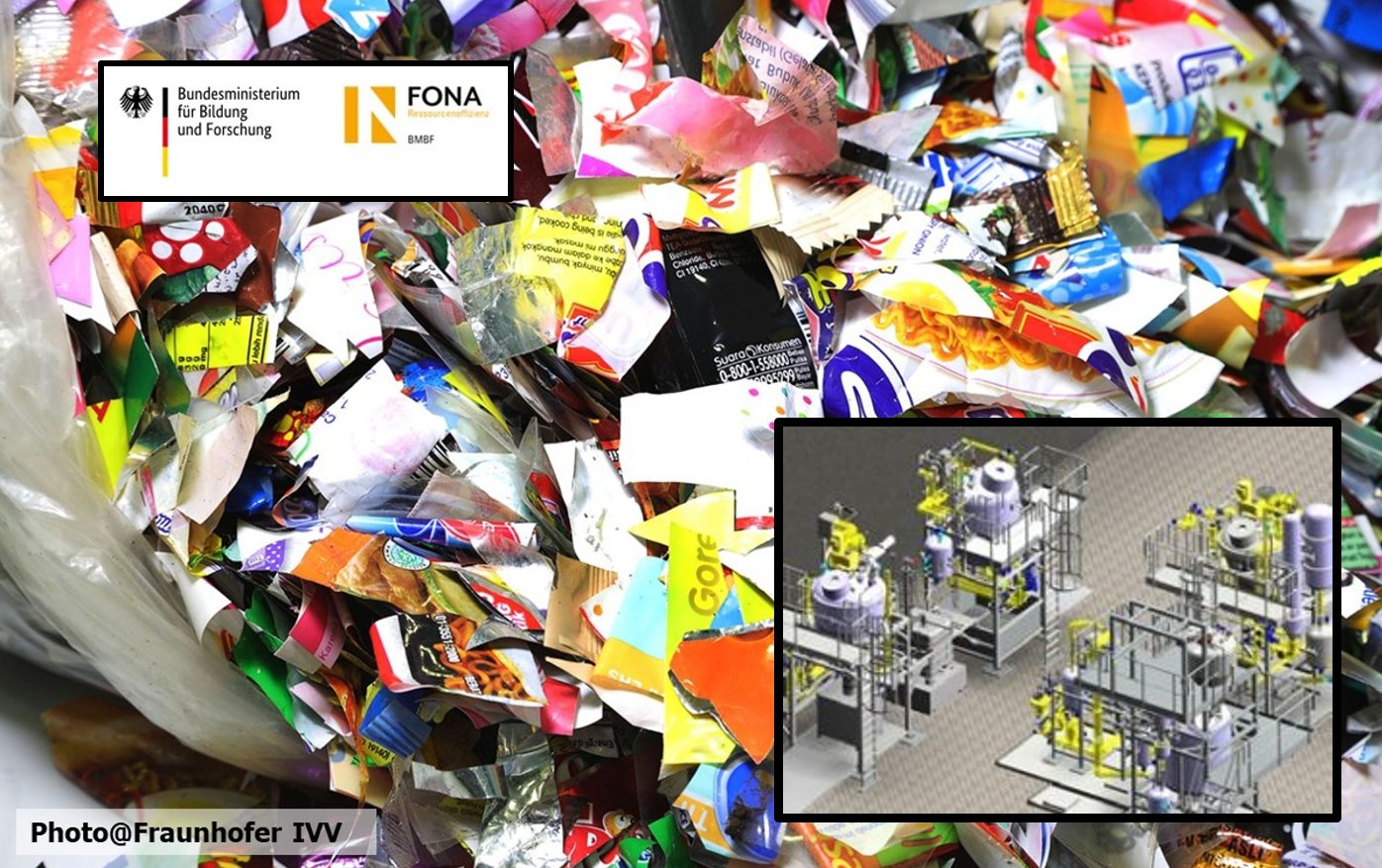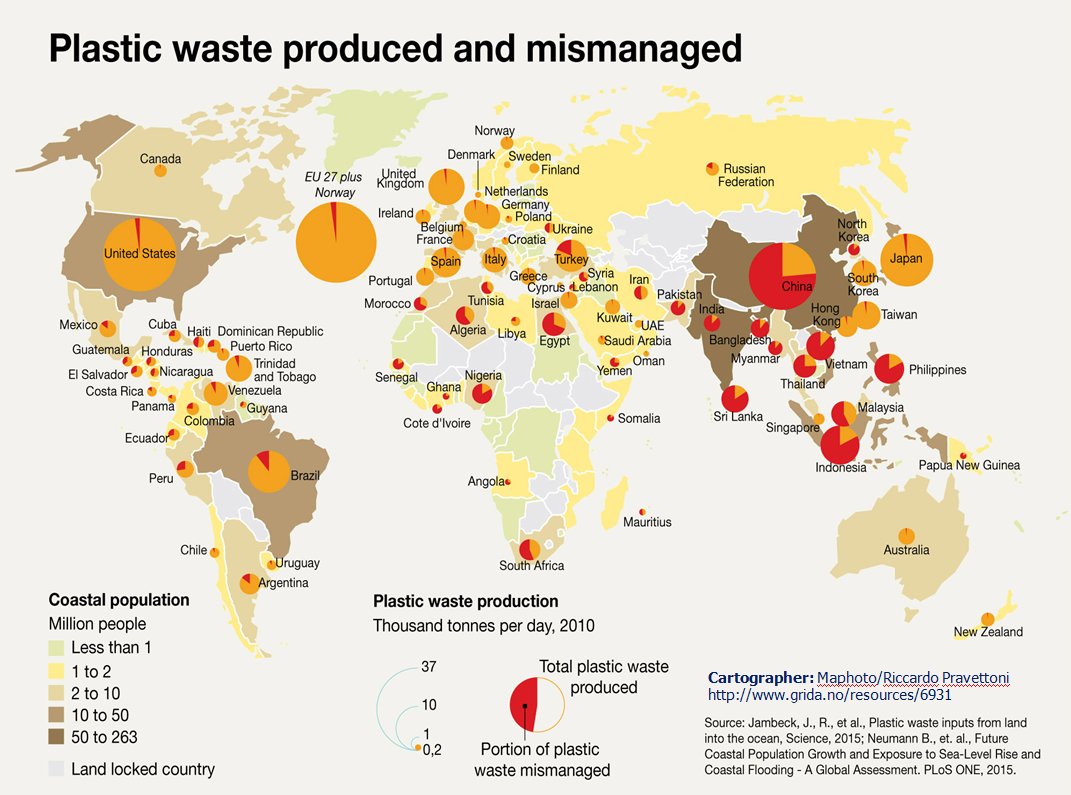CreaSolv® Demonstration plant for Plastic Packaging Waste – Lober
In order to protect sensitive and high-value products from the food and consumer goods segment, today plastic packaging systems have to meet high requirements and they increasingly consist of complex packaging composite constructions e.g. multi-layer plastic films. These often used multi-layer laminates made of polyethylene/polyamide (PE/PA) and polypropylene/polyethylene terephthalate (PP/PET) are “not recyclable” according to the present state of the art, because existing processing facilities can only treat packaging waste made from one single polymer.
The CreaSolv® Process offers a solution to the issue that multi-layer laminates from household waste can only be incinerated and therefore the German Federal Ministry of Education and Research (BMBF) supports the Circular Packaging1,11) project with 3.12 Million Euro.The project Circular Packaging runs from 01 November 2018 until 31 October 2021 and aims to demonstrate the economic efficiency and the potential of this technology in Germany in 3 project stages:
- Phase – Construction of a completely connected pilot plant with a capacity of 5m3 plastic waste per day at the premises of Lober GmbH & Co. Abfallentsorgungs KG.
The objective is the high-value material recovery of polyolefins (PE and PP) from plastic waste streams with a high proportion of multi-layer packaging laminates, which are actually incinerated with energy recovery.
Test the plant in a continuous operation in order to prove the economic viability and raw-material efficiency of the process. - Phase – Up-scaling by factor 15 to an industrial demonstration plant.
- Phase – Operation of the demonstration plant
Lober will take responsibility for the project coordination and they will operate the 1st CreaSolv® Pilot plant for multilayer packaging in Germany.
Fraunhofer IVV enables the upgrade to technical scale and LÖMI GmbH delivers equipment for solvent-based processes and developed aggregates for the CreaSolv® Process, which is used in the pilot plant for Sachet Recycling of Unilever.
September 2021 - The pilot plant has been in operation since the fall of 2020 and current product samples of PE-LD and PP recyclates achieve qualities that allow their use in new packaging films with a high recycled content. Depending on the film structure and area of application, a PCR content of over 50% is quite achievable. The sample productions show that the Technical Readiness Level of the CreaSolv® Technology (TRL 5-6) can meet industrial requirements and only last detail questions for a commercial scale-up have to be solved.10)
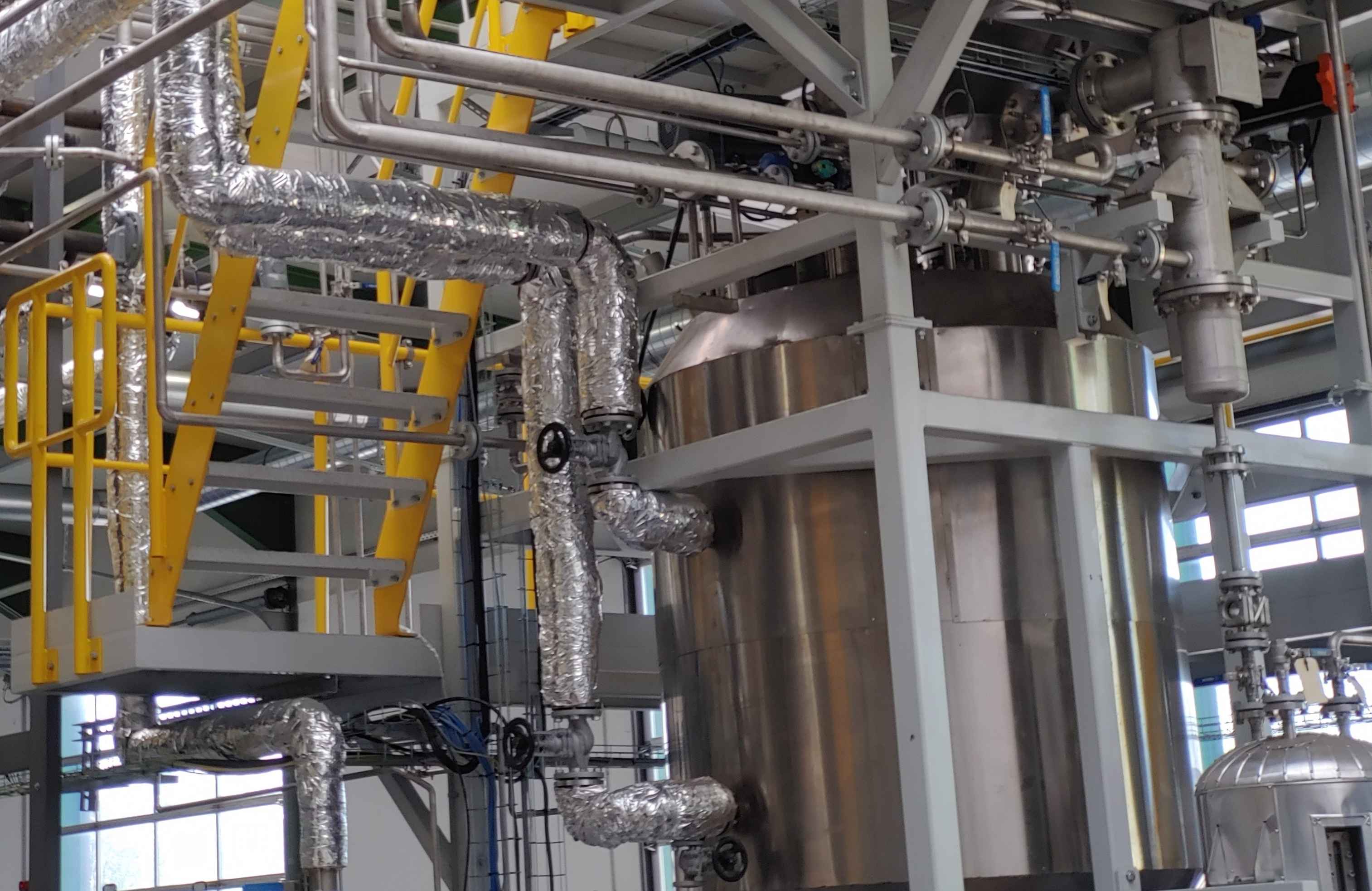
Based on current calculations, economic plant operation in Germany and Central Europe is possible from capacities of around 8.000 tons per year. Waste Fractions of type 323 or 352 from the Dual System in Germany, for example, can be used as input.
Phase 1 of the project has been completed, the pilot plant is dismantled again and Lober is now looking for a new site for a larger commercial plant and is seeking follow-on funding for the next step.
May 2022 – LÖMI/GAW applied for the ALLIANCE PRIZE 2022 in “Circular Solutions for Flexibles” addressing the issue that flexible plastic packaging is considered a major contributor to the global plastic pollution and remains one of the most challenging types of materials to recycle.
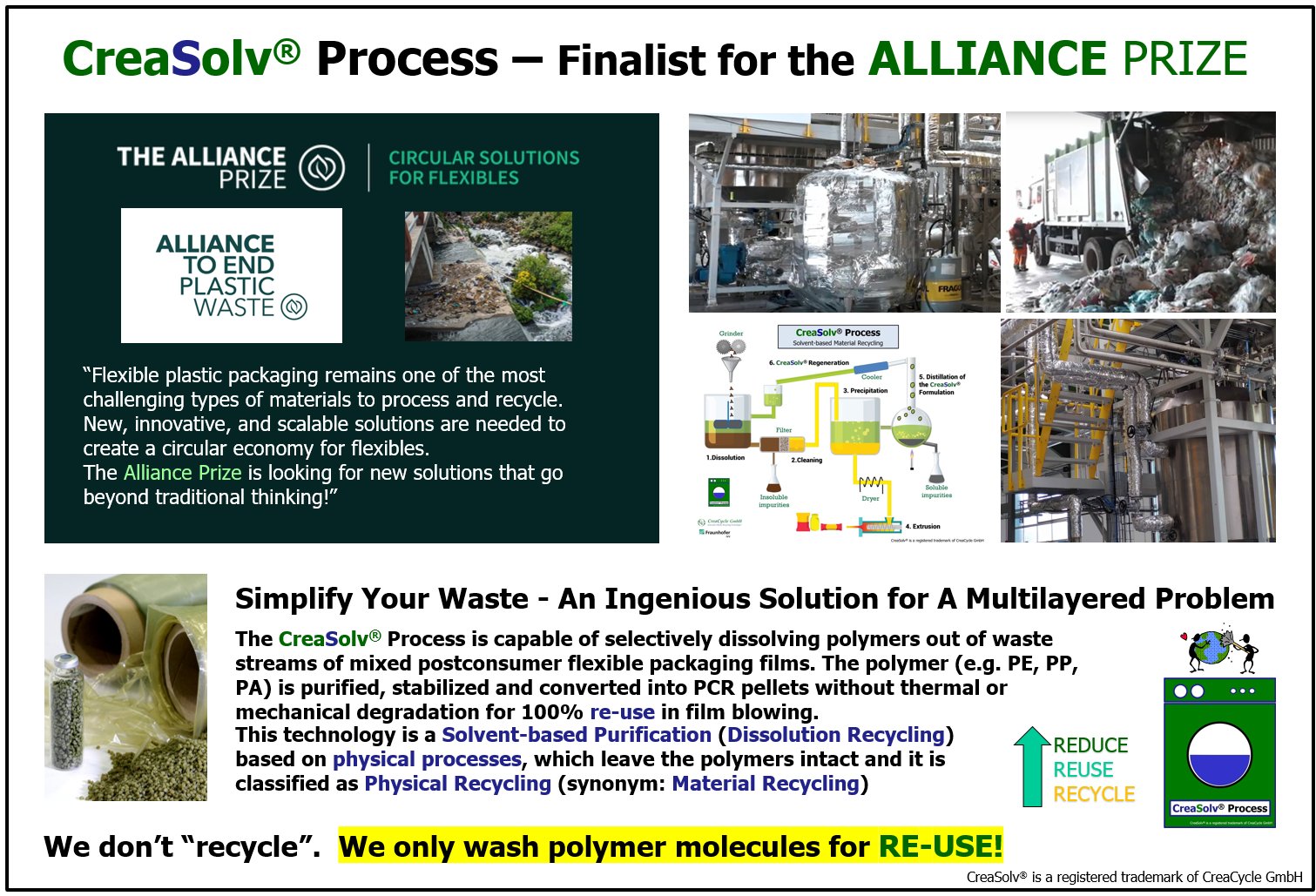 November 2022 - The CreaSolv® Process “Simplify Your Waste – An Ingenious Solution for A Multilayered Problem” was identified out of 600 registrations by the Alliance to End Plastic Waste committee and is nominated among the top-5 finalists. Simplify your Waste Video
November 2022 - The CreaSolv® Process “Simplify Your Waste – An Ingenious Solution for A Multilayered Problem” was identified out of 600 registrations by the Alliance to End Plastic Waste committee and is nominated among the top-5 finalists. Simplify your Waste Video
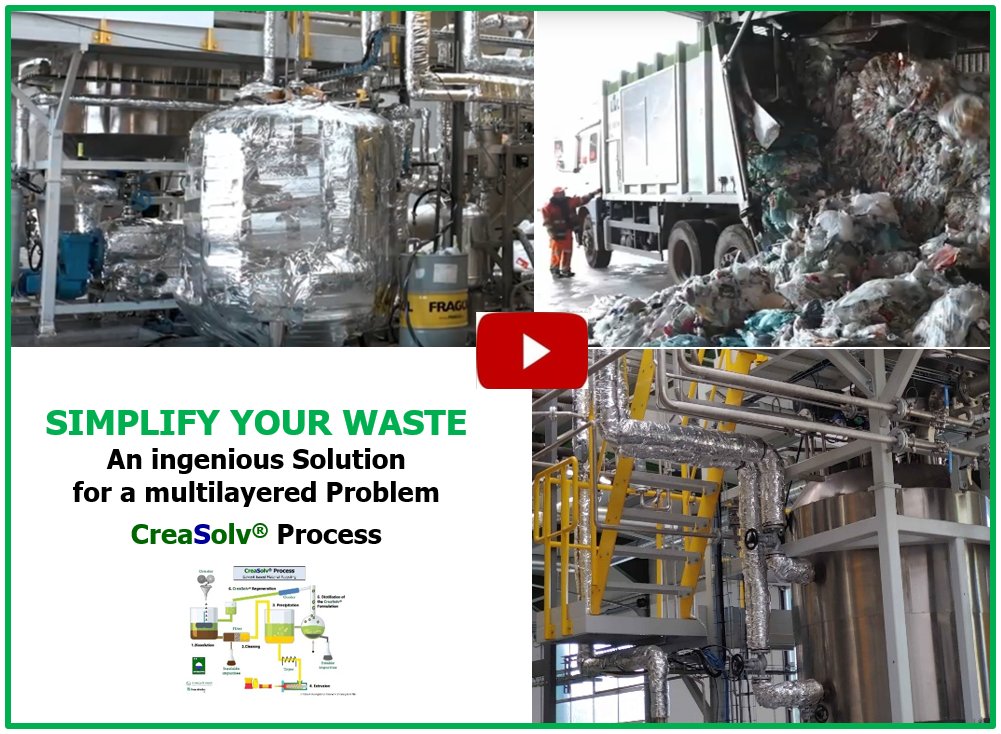 On November 29, 2022 the CreaSolv® Process finished jointly with 3 other finalists on the “2nd place” at the award ceremony at the New York Stock Exchange. This achievement was only possible through excellent teamwork of collaboration partners with different core competencies: LÖMI/LÖMI, CreaCycle, Fraunhofer IVV and Lober. 4 out of the 5 finalists were Physical Recycling technologies.
On November 29, 2022 the CreaSolv® Process finished jointly with 3 other finalists on the “2nd place” at the award ceremony at the New York Stock Exchange. This achievement was only possible through excellent teamwork of collaboration partners with different core competencies: LÖMI/LÖMI, CreaCycle, Fraunhofer IVV and Lober. 4 out of the 5 finalists were Physical Recycling technologies.
May 2023 - BMBF final report12) (page 48): "Through the process engineering development and plant operation, the selective separation of the multilayer composites and the recovery of the target polymers could be fully demonstrated. The recyclates produced have a purity of more than 99 percent and are identical to virgin material in terms of thermal and mechanical properties. At the same time, by raising the TRL level as a result of the detailed engineering, the foundation was laid for the successful introduction of the process at industrial scale. The energy balance of the process in terms of energy efficiency shows that at least 40 percent less energy is required to produce polyethylene recyclate than for the production of the substituted virgin PE. At the same time, the CO₂ footprint can also be significantly reduced in the process."
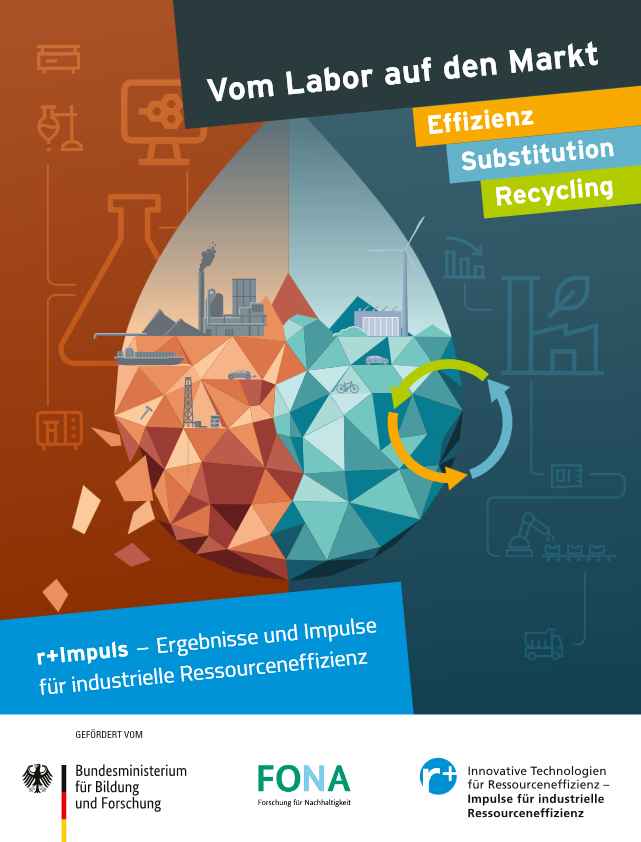 August 2023 - Video on the Circular Packaging project13) as part of the BMBF's r+Impuls funding measure.
August 2023 - Video on the Circular Packaging project13) as part of the BMBF's r+Impuls funding measure. 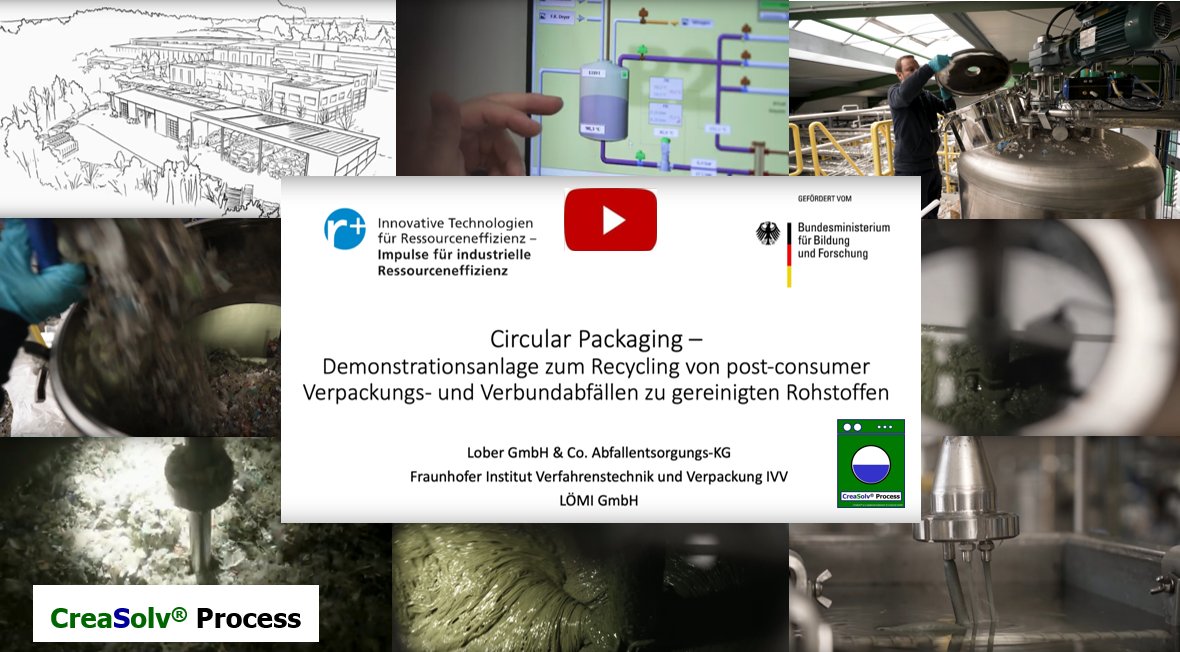
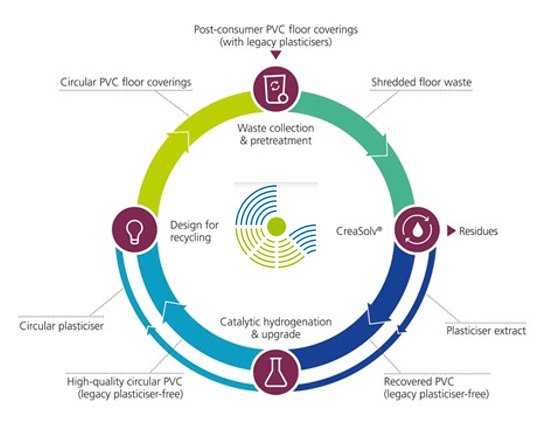 Lober is also consortium member of the Circular Flooring project.
Lober is also consortium member of the Circular Flooring project.
Critical Reflection
Effective 1st January 2018 China specified stricter impurity limits for plastic waste that has been interpreted as a ban on imports, because the imported plastic waste was partially in poor condition and in some places it contributed to environmental pollution and to health problems.
China was an important waste market for Germany and in 2016 exports added up to 563.000 tons of “waste, parings and scrap of plastic”, representing nearly 1/10 of the collected plastic waste. While in 2017 exports to China already declined significantly in expectation of the import ban, German exports of plastic waste to India, Malaysia and Indonesia increased. According to the German Federal Statistical Office (Destatis) 42.000 tons were exported to India in 2017 and 57.000 tons in the first 10 months of 2018. The volume to Indonesia increased from 600 tons in 2017 to 42.000 tons in 2018. “If a market closes, then industry of course searches for other markets” is quoted from the recycling industry4). With 60.000 tons UK even exports more to Indonesia than Germany.5).
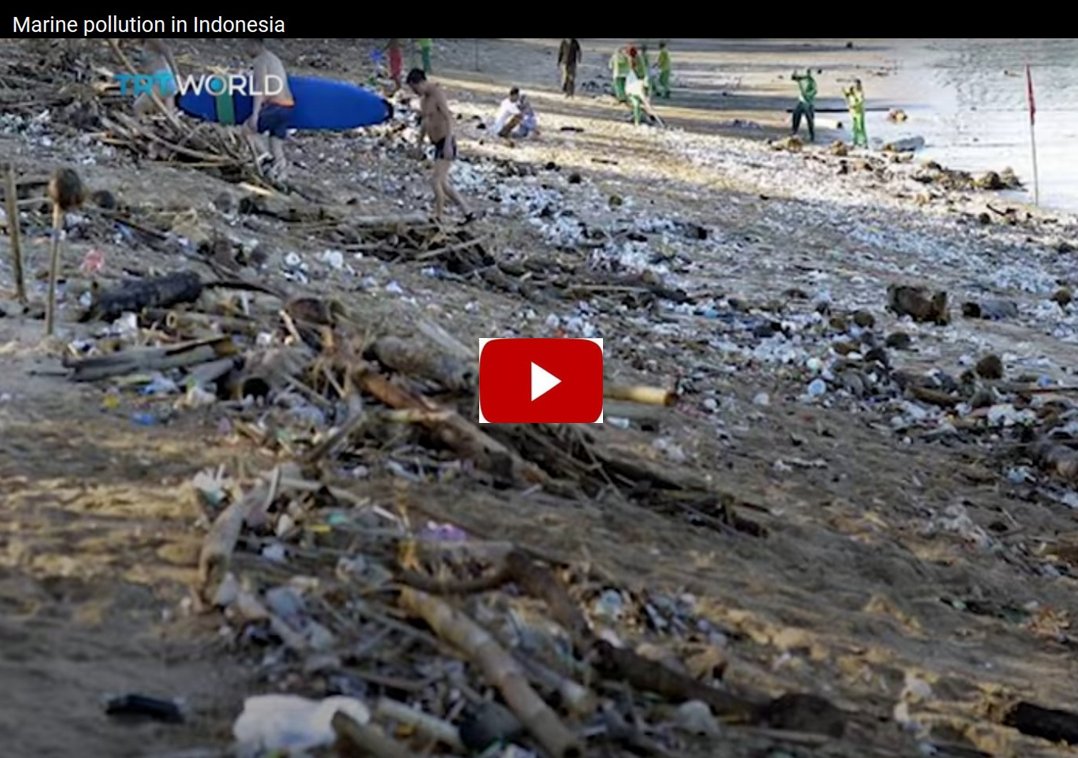 A critical observer will immediately ask for the logical correlation between the new Plastic Strategy6) of the European Commission (with the urgent demand for a Circular Economyto industry and consumer goods manufacturers) and increasing German (and European) plastic waste exports to countries, which are considered as being primarily responsible for plastic littering into the Oceans and which are actually confronted with major efforts and investments, in order to build up own regional collection and recycling structures9).
A critical observer will immediately ask for the logical correlation between the new Plastic Strategy6) of the European Commission (with the urgent demand for a Circular Economyto industry and consumer goods manufacturers) and increasing German (and European) plastic waste exports to countries, which are considered as being primarily responsible for plastic littering into the Oceans and which are actually confronted with major efforts and investments, in order to build up own regional collection and recycling structures9).
When one realizes additionally that actual existing recycling technologies can only process less than 40% of our household plastic waste7) and that a part of our plastic packaging waste is already polluted with banned flame retardants8), then everyone should realize how bad the situation really is.
Literature
- Circular Packaging Flyer vom 30.10.2018 - Link
- CreaSolv® Pilotanlage in Indonesien - Recycling von Polyethylen-Beutelverpackungen – Unilever (2015) - Link
- Technology Readiness Level – Wikipedia – Link DE Link EN
- NTV vom 29.12.2018 – “Entsorger finden andere Märkte – Deutscher Müllexport nach China bricht ein“ – Link
- BBC „Recyclling: Where is the plastic waste mountain?“ published 01 January 2019 – Link
- European strategy for plastics – Link
- Journal of Industrial Ecology – Marie Kampmann Eriksel et al. “Quality Assessmant and Circularity Potential of Recovery systems for Household Plastic Waste” published 02 November 2018 – Link
- Chemosphere Volume 199, May 2018, Pages 612-616: “Hexabromocyclododecane in polystyrene packaging: A downside of recycling?” by Mohamed Abou-Elwafa Abdallah et al. – Link
- TRT World “Marine Pollution in Indonesia” published on YouTube on 28.12.2017 – Link
- Kunststoffe 1/2022 "Recycling von Verbundfolien" - Link
- Circular Packaging -r-plus-impuls - Link
- R+Impuls – Ergebnisse und Impulse für industrielle Ressourceneffizienz „Vom Labor auf den Markt“ des Bundesministeriums für Bildung und Forschung (BMBF) vom Mai 2023: Circular Packaging auf Seite 48 – Link
- Video zum Circular Packaging Vorhaben im Rahmen der r+Impuls Fördermaßnahme des BMBFs vom 15.08.2023 – Link
